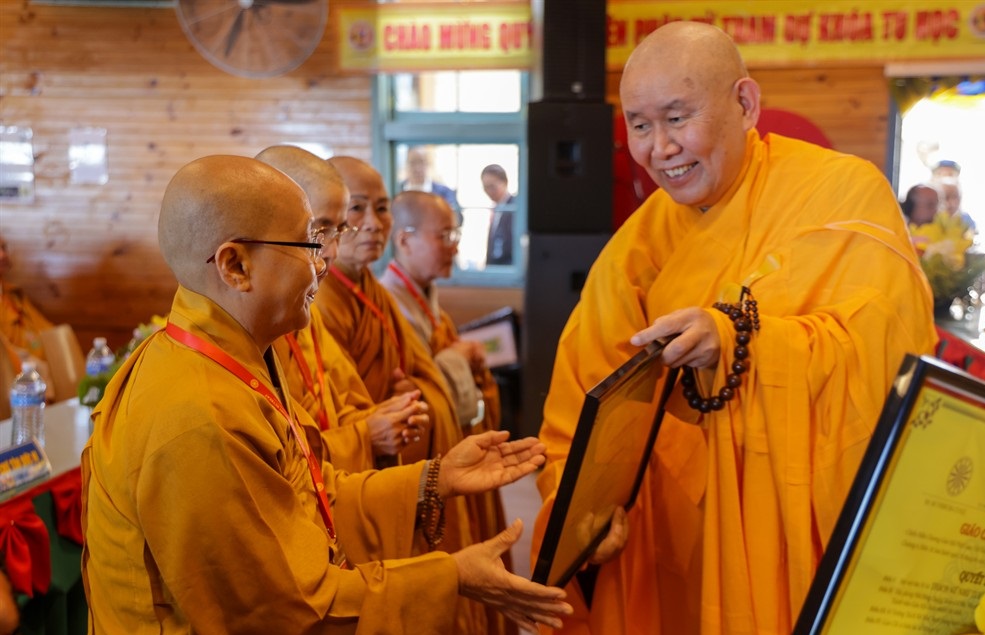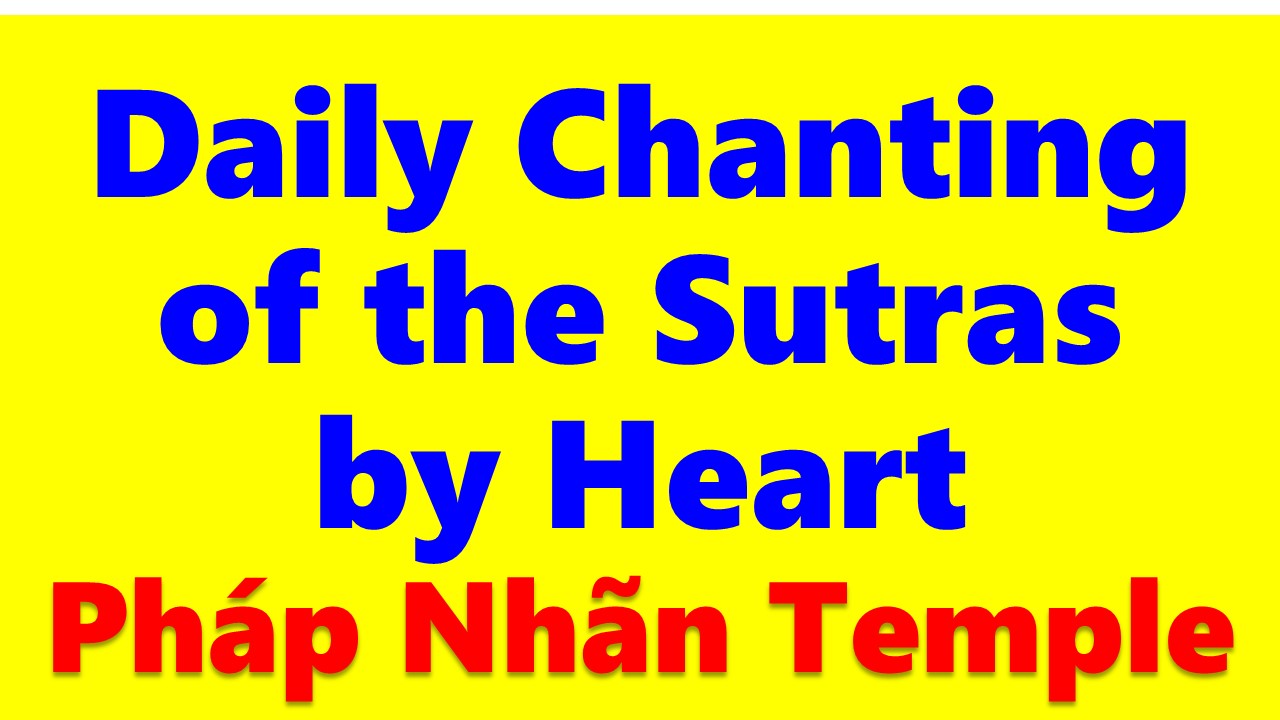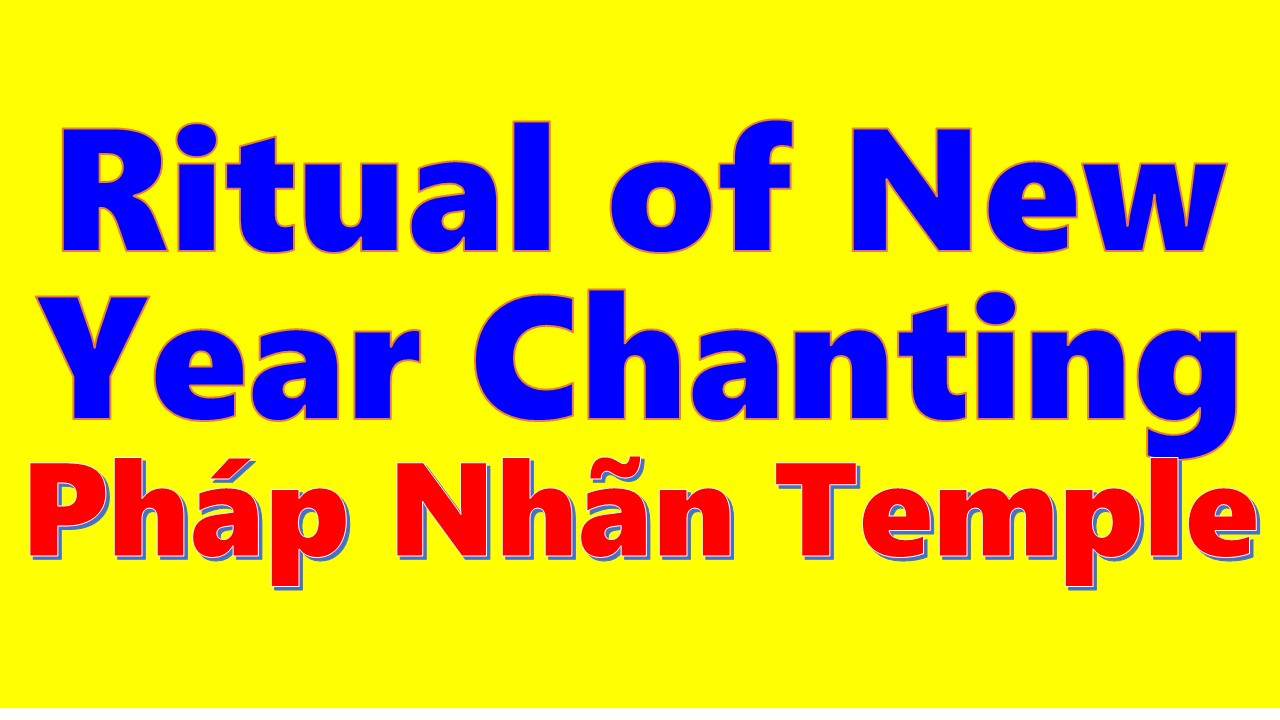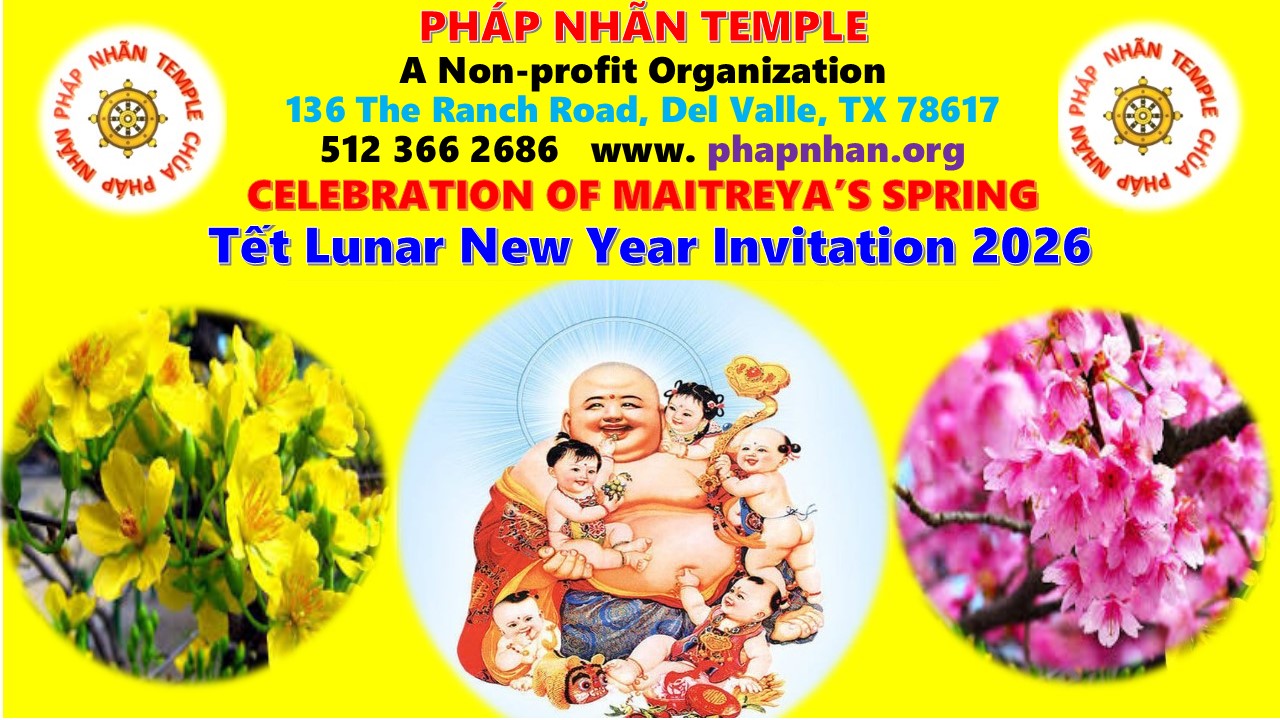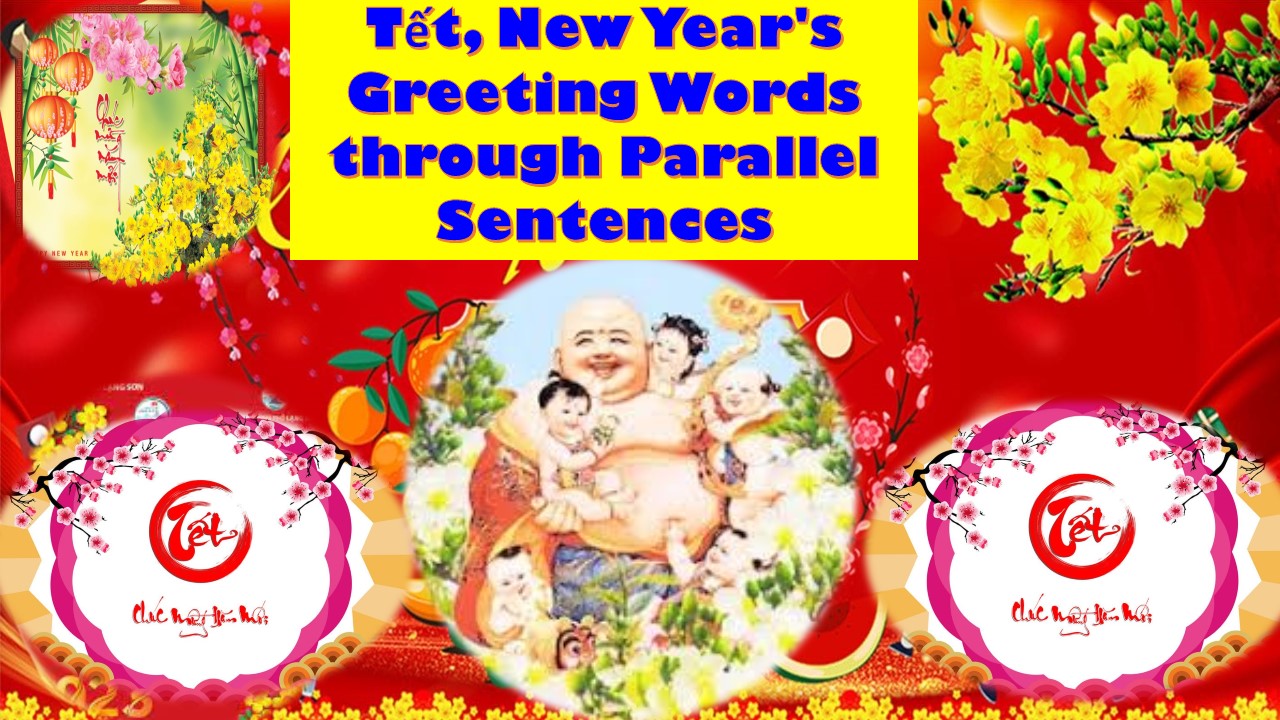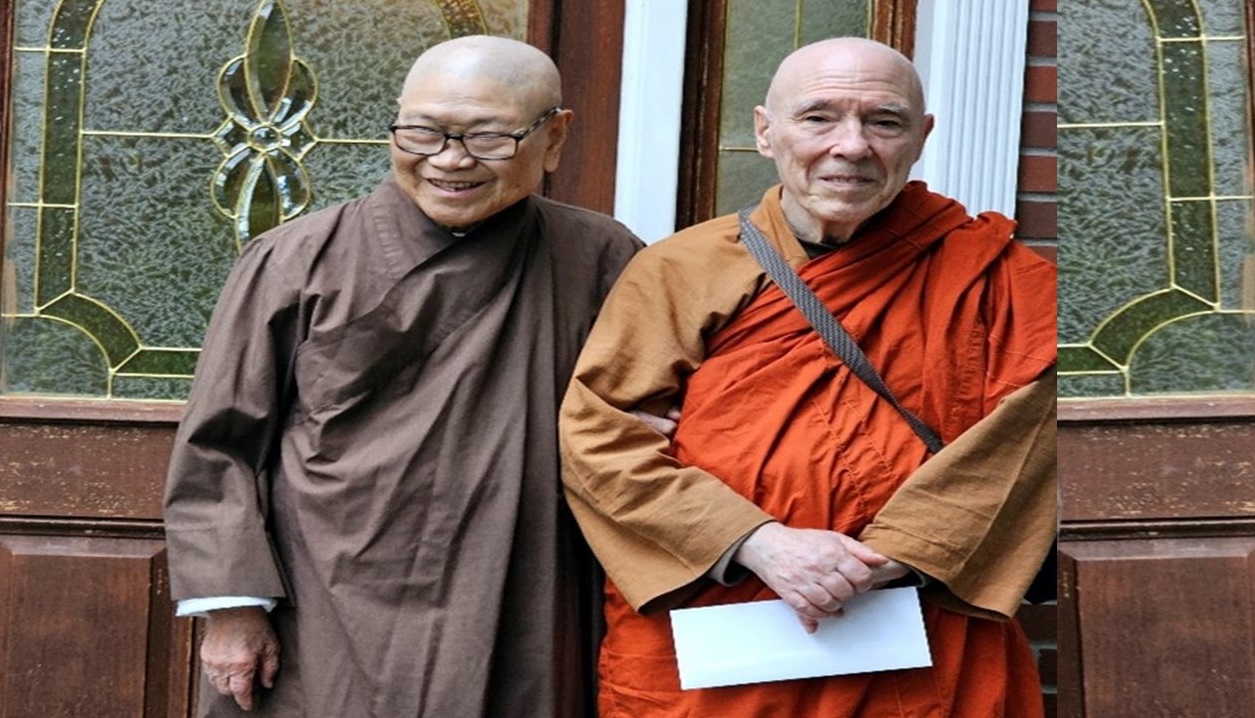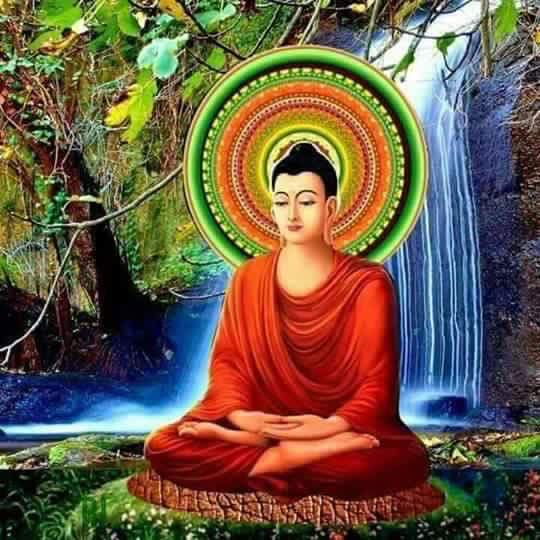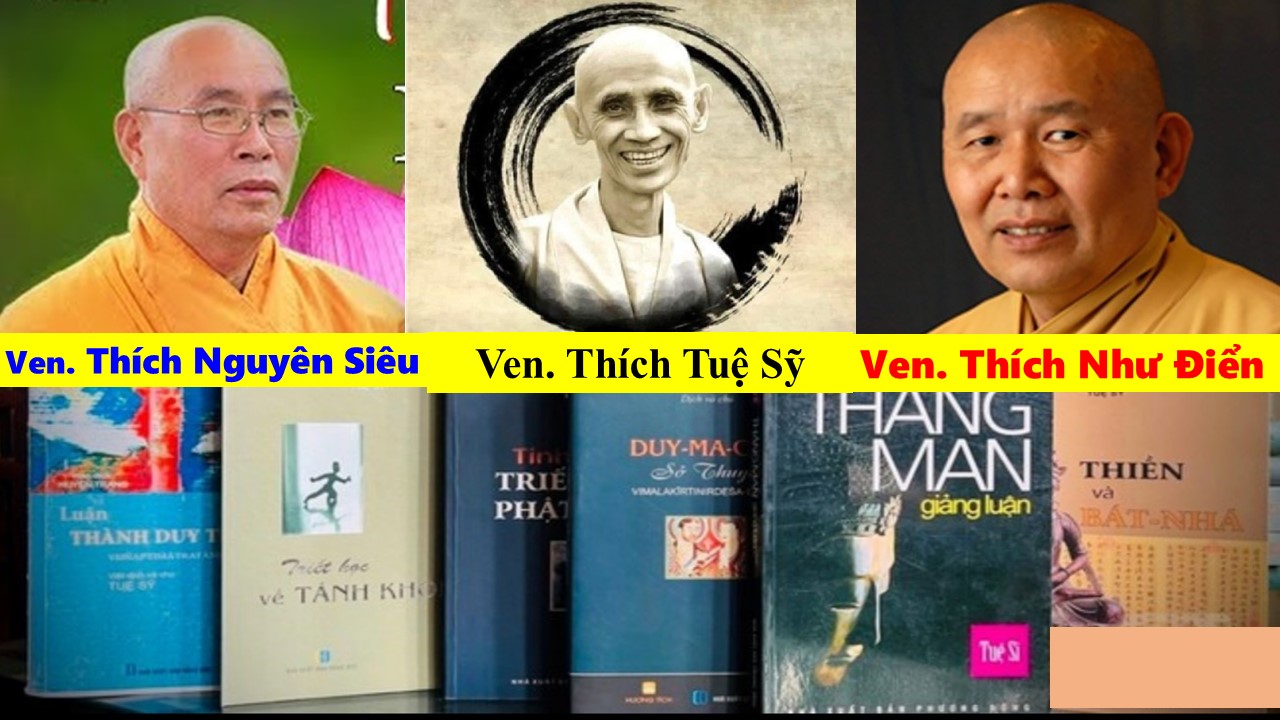
Namo Buddhaya, Namo Dharmaya, Namo Sanghaya,
Dear Dharma Sisters, Brothers, and everyone,
Today is Thanksgiving season; we have the good opportunity to read, study, and understand a couple of the meaning of Thanksgiving in the United States as well as in Buddhism happily.
We know that Buddhism and Buddhist culture, anciently and presently, are very adaptable to local culture and people. Wherever Buddhism is spread, there Buddhism easily integrates with the local culture and people. With what is above discussed, the writer will present the Dharma article “the Meaning of Thanksgiving in Buddhism” as follows:
 1. A) We know around 1620, English people with about 102 passengers and 30 crews traveled on a sailing ship named Mayflower to Plymouth, Boston, Massachusetts today to find new lives and new lands. A year later, when their daily business and lives temporarily stabilized, along with the Indian Americans there, they jointly held the first Thanksgiving in the United States around 1621 ( 2025 – 1621 = 404) to celebrate to thank God, to thank heaven, earth, crops, weather, lives, new lands, etc.
1. A) We know around 1620, English people with about 102 passengers and 30 crews traveled on a sailing ship named Mayflower to Plymouth, Boston, Massachusetts today to find new lives and new lands. A year later, when their daily business and lives temporarily stabilized, along with the Indian Americans there, they jointly held the first Thanksgiving in the United States around 1621 ( 2025 – 1621 = 404) to celebrate to thank God, to thank heaven, earth, crops, weather, lives, new lands, etc.

The different kinds of food in this Thanksgiving are usually vegetables, pumpkin, corn, beans, carrots, especially “turkeys.” People often call it “Turkey Festival” because millions of turkeys are killed for their meat on this holiday. However, on the occasion of Thanksgiving under President Abraham Lincoln in 1863, a lucky turkey first released was a friend of his son, Tad. From then until now, when Thanksgiving comes, each President often releases a turkey to express a little sense of love between people and animals, but the full meaning of animal-release to preserve health and increase longevity is to make a vow to eat vegan by oneself, not to kill oneself, not to kill living beings by oneself, not to tell people to kill living beings, and not to see people killing living beings one rejoices to follow.

In the United States, since the 16th President, Abraham Lincoln, Thanksgiving officially took place on Thursday of the 4th week in November. Under the US., 32nd President Franklin Delano Roosevelt, Thanksgiving has become the annual national holiday from 1940 until now.
In Canada, Thanksgiving takes place on Monday of the second week of October every year.
When Thanksgiving returns, everyone has free time to reunite happily with family to eat, relax, and discuss business.
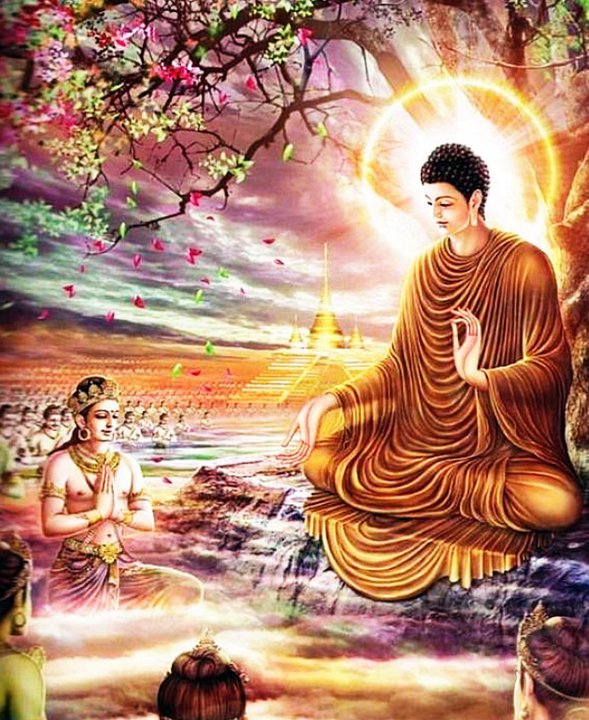
B) Thanksgiving has appeared in Buddhism around the year 2614 B.C.E. (624 B.C.E. – 35 (Enlightenment year of the Buddha) = 589 + 2025 = 2614) until now. In addition, there is also another easier way to calculate the Buddhist Thanksgiving Day. The Buddha was born in 624 B.C.E., plus the current calendar year 2025 + 624 = 2649 – 35 (the year of the Buddha’s enlightenment) = 2614. Thanksgiving Day in Buddhism has existed from 2614 until today.
In the Second Week, after having attained full enlightenment under the Bodhi tree, where the Vajra Seating was immobile, from a distance, the Buddha had an unwink look and deep gratitude towards the Bodhi tree that sheltered him from the rain and sun to show the profound meaning of protecting the natural environment. At the same time, he talked about different types of gratitude in Buddhism. Please see the summary section below as follows:

Venerable Thích Trừng Sỹ took this picture for souvenir in the Buddha’s second week at Bodhgaya in 2005 when he studied in Delhi University and had a good chance to visit and pilgrim there.
“Thanksgiving” is a compound noun; “Thanks” (noun) means “thank (verb); “thank” someone or something a lot. “Giving” (noun) means “give” (verb); “Give” (v) something to someone; “Give” has ever gone together with “Receive” (v); “Receive” (v) something from someone. Both the giver, the receiver, and the objects that are given have the meaning of the same equality.
When something is given, received, and thanked from someone, we do not see the giver, receiver, thanker, Thanksgiving has the meaning of perfectness, selflessness, and non-distinction. Conversely, when giving, receiving, and thanking something from someone, we still see the giver, receiver, thanker, and the objects being given, Thanksgiving has a sense of selfishness, differentiation, and imperfection yet.
Thanksgiving always goes together with the meaning of “Gratitude and grateful Remembrance” of living things and living beings in the world.
Indeed, when we say “Thanksgiving,” we immediately think about our duties and responsibilities for “Gratitude – Gratefulness,” or “Thankfulness” between this generation and previous generation, between living people and dead people, between givers and receivers, between inherited people and connected people, and vice versa, etc.
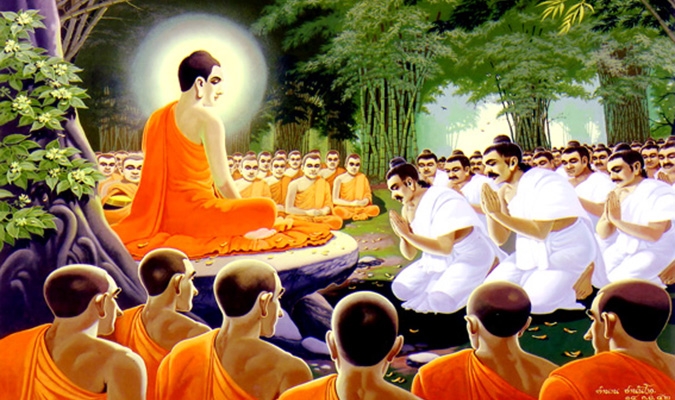
Different kinds of “Gratitude” in Buddhism:
1. Gratitude to the Buddha, the wonderful Dharma, and the harmonious Sangha.
2. Gratitude to grandparents and parents for their nourishment and giving birth to us.
3. Gratitude to secular and spiritual teachers for their education and training.
4. Gratitude to good friends and intellectuals.
5. Gratitude to the national heroes, who have founded the country, built the country, defended the country, and developed the country richly and peacefully from the ancient times to the present day;
6. Gratitude to the countries where we were born, have grown up, cultivated, studied, lived, and worked.
7. Gratitude to monastic and lay people, who have the merit to study the Dharma, understand the Dharma, propagate the Dharma, protect the Dharma, and light up the light of the Dharma in the present and in the future right in this world.
8. Gratitude to children and grandchildren who have the ability to continue the family lineage, blood family, and spiritual family. In order to apply the Buddha’s teachings in the daily life, every year, whenever Thanksgiving comes,

First, we always express deep gratitude to our parents for their giving birth and upbringing to us. At home, parents are practical professors who teach love and understanding to their children and grandchildren. Although there is no school, class, and exam in family education, parents always play very important, fundamental, meaningful, and helpful roles in educating their children to become talented and virtuous people in life.
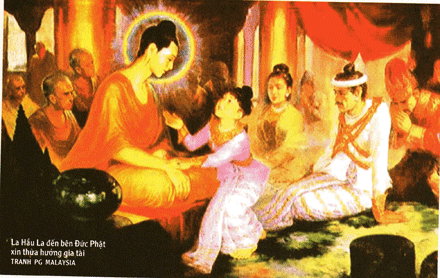
Second, we sincerely thank our teachers for their careers of teaching, educating, and transmitting secular knowledge and Dharma knowledge, as well as joining stable wings to us to fly high and far in multicultural society today.

Third, we sincerely thank the national heroes, who have contributed to the national construction and defense from ancient times to the present day.

American Map
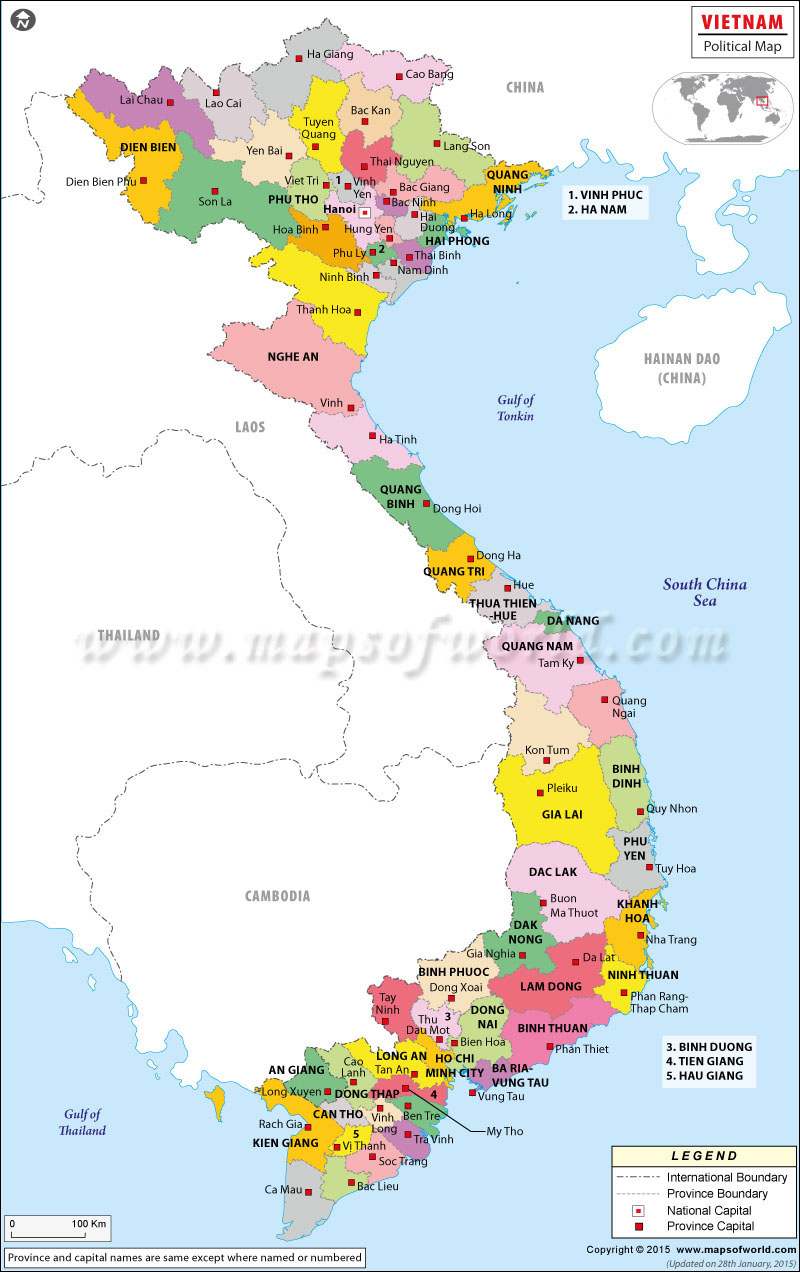
Fourth, we sincerely thank the countries where we were born, have grown up, lived, cultivated, studied, and worked.

Fifth, we would like to wholeheartedly express our deep gratitude to the Buddha, the wonderful Dharma, and the harmonious Sangha;
The Buddha, the fully Enlightened One, the founder of Buddhism, show the way of peace, joy, and authentic happiness to living things and living beings all over the planet.
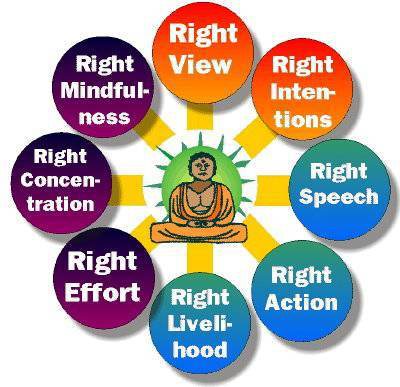
The Dharma is the path of peace, or the noble path with the eight methods of practical and helpful cultivation in the present, including virtue, meditation, and wisdom, interrelated very closely with right view, right thought, and right speech, right action, right livelihood, right effort, right mindfulness, and right concentration.
Harmonious and peaceful Sangha, the Community of cultivated people, vow to live their lives of ethics, mindfulness, and awareness to bring peace and happiness to oneself and to other people right here in this world.

Finally, we sincerely thank natural environment and peace society, where we live in independence, autonomy, freedom, warmness, fullness, and happiness right here and right now in the present life. Moreover, beside the meaning of gratitude and grateful remembrance in Buddhism, Thanksgiving still has the meaning of eating vegetarian food to nourish loving-kindness and compassion. According to normal meaning, every year, when Thanksgiving comes, there are millions of turkeys and animals killed, but according to the meaning of Buddhism, when Thanksgiving and other ceremonies come, to maintain long-term health and to nourish wholesome environment, compassion, and loving-kindness, we are aware to take a great vow to eat vegetables, tofu, flowers, and fruits to benefit ourselves and other people right in the present life.

Today, we have many wholesome conditions to study, understand, practice, and apply the meaning of Thanksgiving into the daily life to benefit everyone. Therefore, we strive to promote, maintain, and develop the traditional cultural features of the past and the present to beautify life right here and right now in this world.
Best wishes to you to enjoy a happy Thanksgiving season with your loved ones, relatives, and friends in the family, the Temple, or in the Church happily.
May you be peacefully dwelled and imbued in the Dharma of the World-Honored One.
Namo The Original Master Sakyamuni Buddhaya.
.




